Seminar Series
Nominate speakers for upcoming academic years here: Nomination Form
Seminars are held in BNR 102 from 4:00 pm to 5:00 pm unless otherwise noted
2024 - 2025 Speaker Bios
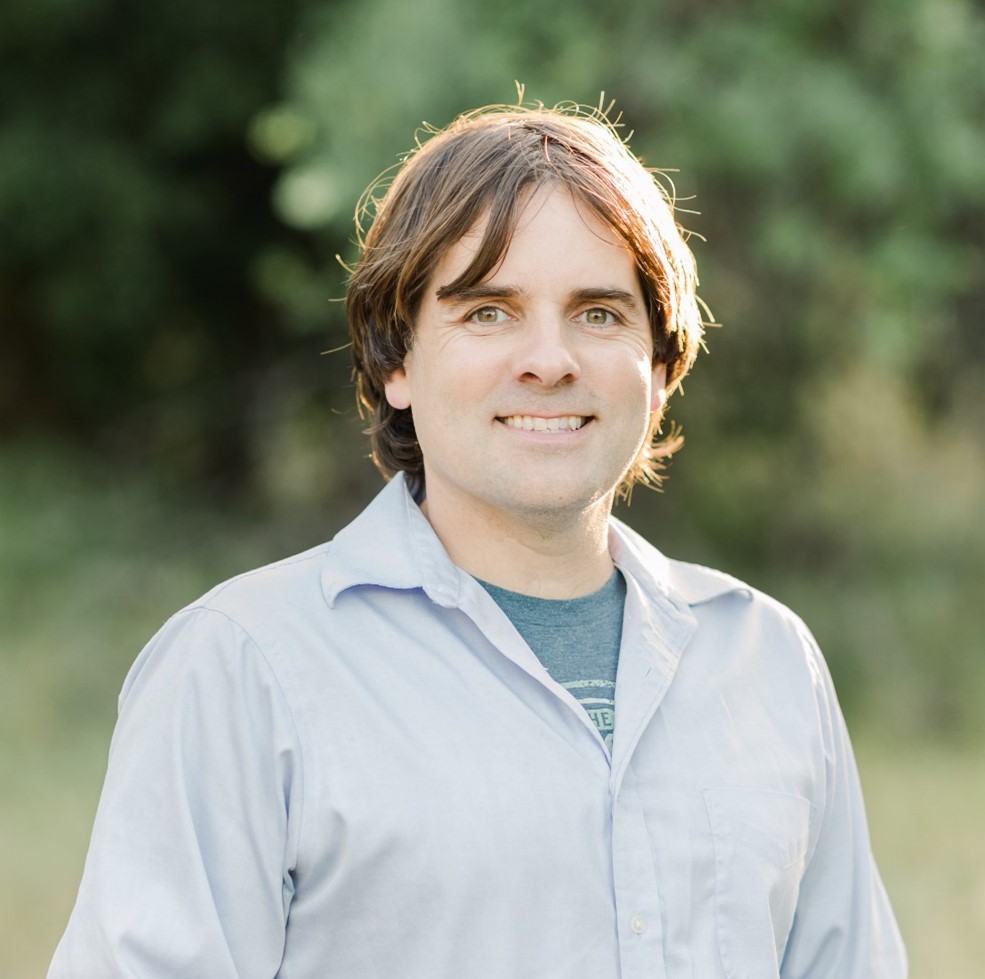
September 11-12, 2024 I am an associate professor of avian and urban ecology in the Biological Sciences Department at Cal State LA. Research in the lab is focused on biodiversity conservation and understanding the different forces shaping plant and animal communities due to environmental change. I am particularly interested in working with students interested in developing projects addressing conservation needs under the following three themes: (1) a strong field component (focused on the western U.S and on birds, butterflies, and their habitats); (2) spatial modeling and landscape ecology, including remote sensing and GIS approaches; and (3) quantitative ecology.
The Wood Lab of Avian and Urban Ecology
Biological Sciences Department
Cal State LA
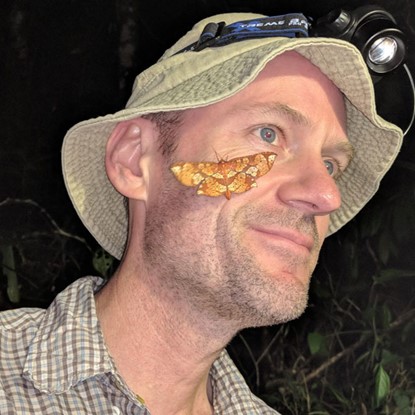
I am interested in population ecology and the evolution of ecological interactions. I have spent much of my career thinking about diet breadth and host shifts in herbivorous insects, especially in Lycaeides butterflies. In recent years, more of my attention has gone to questions of global change and monitoring butterflies at long term study sites that we maintain in the Sierra Nevada Mountains.
The Great Basin Bug Lab
Department of Biology
University of Nevada, Reno
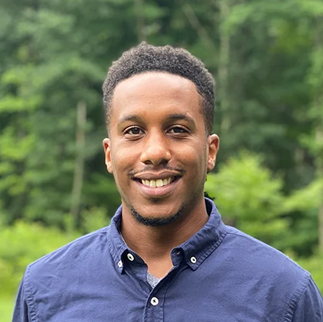
My research examines the fundamental drivers and constraints of soil biodiversity, specifically how diversity relates to food web dynamics, community and ecosystem responses to environmental disturbances, and the feedback loops between food webs and ecosystem functioning. There are three major questions I investigate: (1) how do invasive species change soil biodiversity and associated ecosystem health? (2) What are the impacts of urbanization on ecosystem and community processes? (3) How does ecosystem structure affect food web responses to changes in resource availability? To address these questions, I use an integrative approach that includes observational and experimental studies, ecological modeling, and molecular techniques.
Department of Biosciences
Rice University
Xiaofeng Xu is a global change ecologist with a strong quantitative skill for ecological research. His major research interests are investigations of terrestrial biogeochemistry–climate feedback with a data-model integration approach. He is currently focusing on microbial macroecology and applications of ecological and evolutionary theories to understanding microbial contributions to carbon cycle and greenhouse gas flux in an Earth system modelling framework.
Ecological Modeling and Integration Lab
Biology Department
San Diego State University
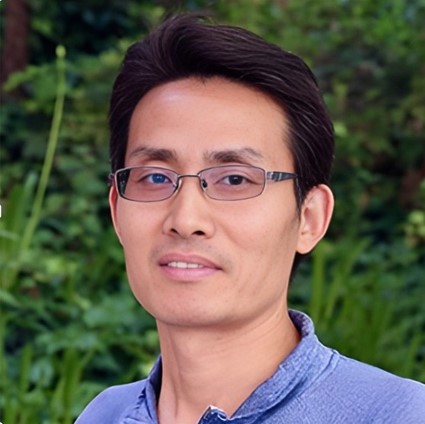
Michael Dietze leads the Ecological Forecasting Laboratory, the mission of which is to better understand and predict ecological systems; he is the author of Ecological Forecasting. He is interested in the ways that iterative forecasts, which are continually confronted with new data, can improve and accelerate basic environmental science, while at the same time making that science more directly relevant to society (e.g., nature-based climate solutions). Much of the current work in the lab is organized under two broad umbrellas, the Near-term Ecological Forecasting Initiative (NEFI) and the PEcAn project.
Ecological Forecasting Lab
Department of Earth and Environment
Boston University
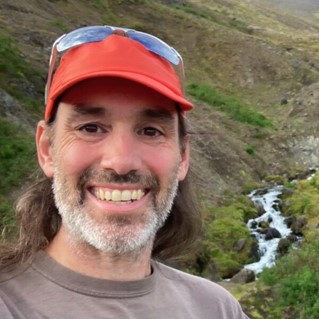
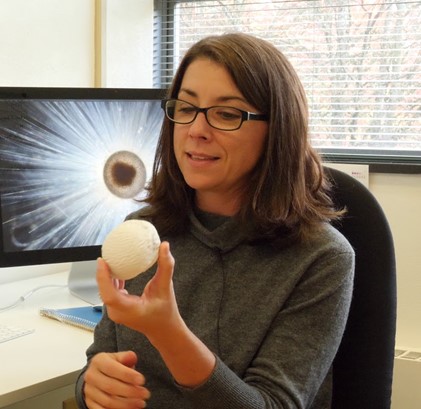
My research involves components of trace element and stable isotope geochemistry, biomineralization, and marine biology. I develop and use proxies, primarily trace elements in marine calcifiers, for reconstructing ocean circulation, temperature, and chemistry in the past. A few of the primary research questions I seek to answer: How do marine calcifiers make their shells? How do they exert control over trace element/Ca ratios and modify the trace element/Ca ratios so greatly from seawater. I seek to find answers to these questions to improve paleo-proxies through culturing live specimens and applying laboratory-based developments to specimens from fossil record.
Foraminarian Lab
College of Earth, Ocean, & Atmospheric Sciences
Oregon State University
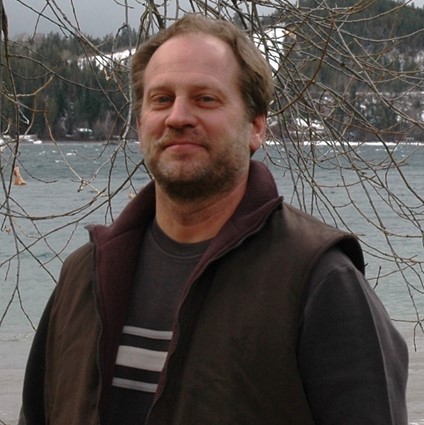
My general research interests are in conservation biology, population genetics, and ecology. My primary research applies genetics to the conservation of natural and managed populations. My research applies principles and tools of population genetics/omics to fish, wildlife, and a variety of other taxa, including invasive species and parasites that are threatening native ecosystems and regional economies. My lab aims to develop and apply novel field sampling methods, DNA typing techniques, and data analysis approaches to understand landscape connectivity, adaptation to climate change, invasive species control (including pathogens), and the negative effects of inbreeding depression and hybridization on individual fitness and population viability.
Montana Conservation Genomics Laboratory
Flathead Lake Bio Station
University of Montana
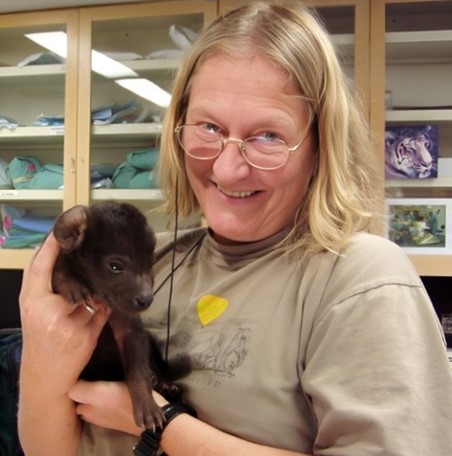
Research in my laboratory focuses on mammalian behavioral development, its physiological substrates, the socio-ecological forces shaping it, and its evolution. My students and I are currently investigating how social, ecological, and endocrine variables interact during an individual's early development to influence its subsequent behavior, survival and reproductive success as an adult.
Department of Integrative Biology
MIchigan State University

